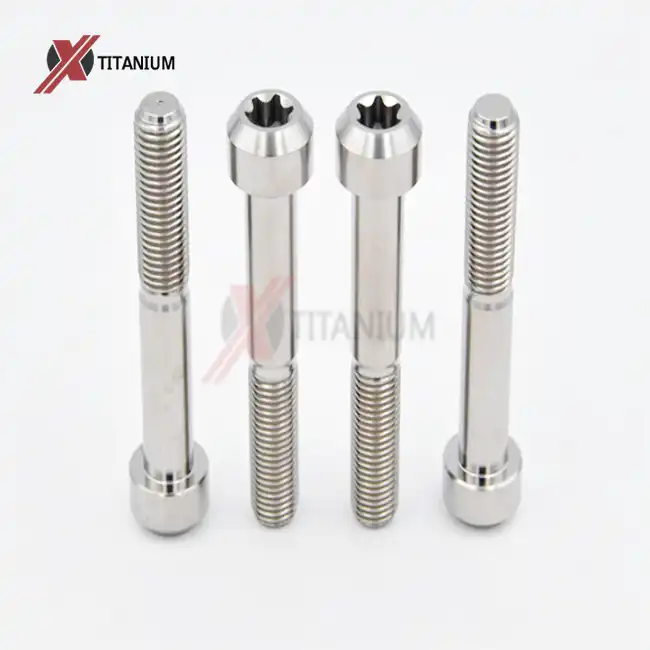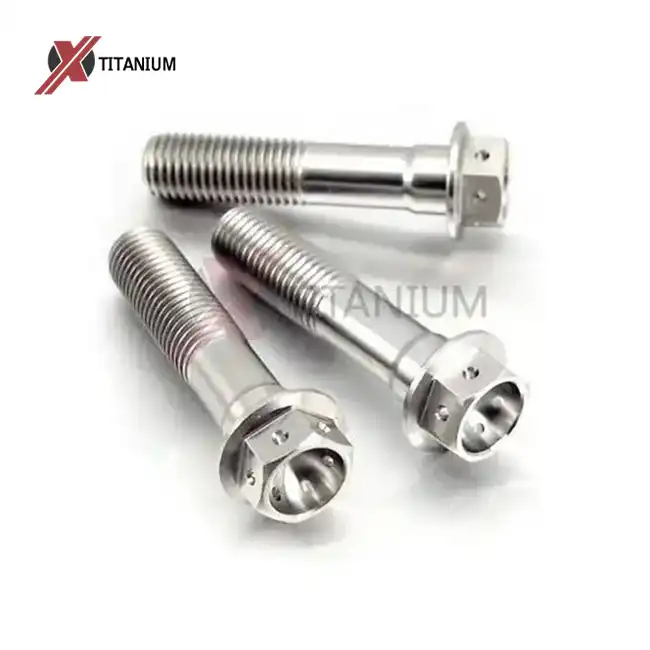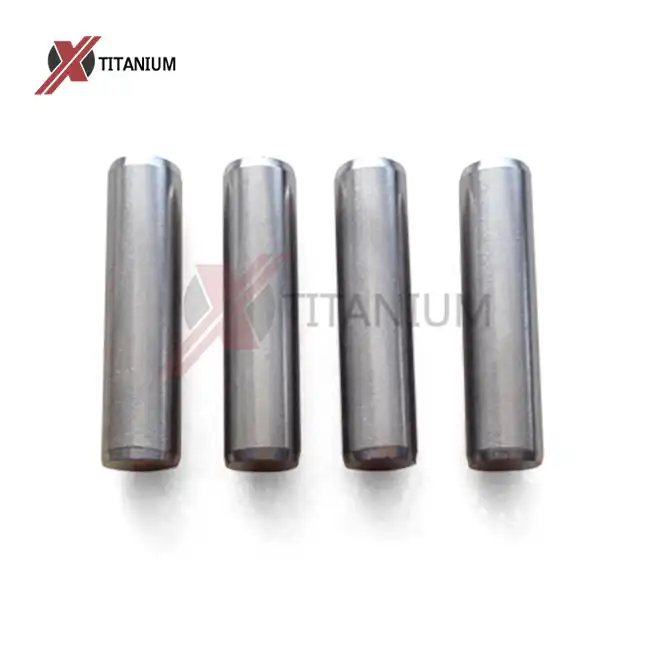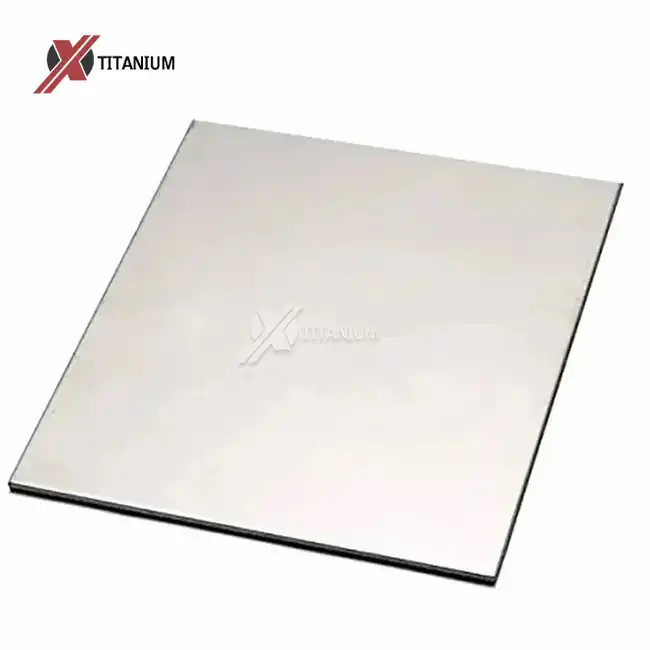- English
- French
- German
- Portuguese
- Spanish
- Russian
- Japanese
- Korean
- Arabic
- Greek
- German
- Turkish
- Italian
- Danish
- Romanian
- Indonesian
- Czech
- Afrikaans
- Swedish
- Polish
- Basque
- Catalan
- Esperanto
- Hindi
- Lao
- Albanian
- Amharic
- Armenian
- Azerbaijani
- Belarusian
- Bengali
- Bosnian
- Bulgarian
- Cebuano
- Chichewa
- Corsican
- Croatian
- Dutch
- Estonian
- Filipino
- Finnish
- Frisian
- Galician
- Georgian
- Gujarati
- Haitian
- Hausa
- Hawaiian
- Hebrew
- Hmong
- Hungarian
- Icelandic
- Igbo
- Javanese
- Kannada
- Kazakh
- Khmer
- Kurdish
- Kyrgyz
- Latin
- Latvian
- Lithuanian
- Luxembou..
- Macedonian
- Malagasy
- Malay
- Malayalam
- Maltese
- Maori
- Marathi
- Mongolian
- Burmese
- Nepali
- Norwegian
- Pashto
- Persian
- Punjabi
- Serbian
- Sesotho
- Sinhala
- Slovak
- Slovenian
- Somali
- Samoan
- Scots Gaelic
- Shona
- Sindhi
- Sundanese
- Swahili
- Tajik
- Tamil
- Telugu
- Thai
- Ukrainian
- Urdu
- Uzbek
- Vietnamese
- Welsh
- Xhosa
- Yiddish
- Yoruba
- Zulu
Why Are Titanium Shoulder Bolts a Game Changer in High-Tech Engineering?
Titanium shoulder bolts are some of the most essential fasteners in the engineering world today. With their unique design and unparalleled strength-to-weight ratio, these fasteners have gained widespread popularity across industries that demand precision, durability, and performance.
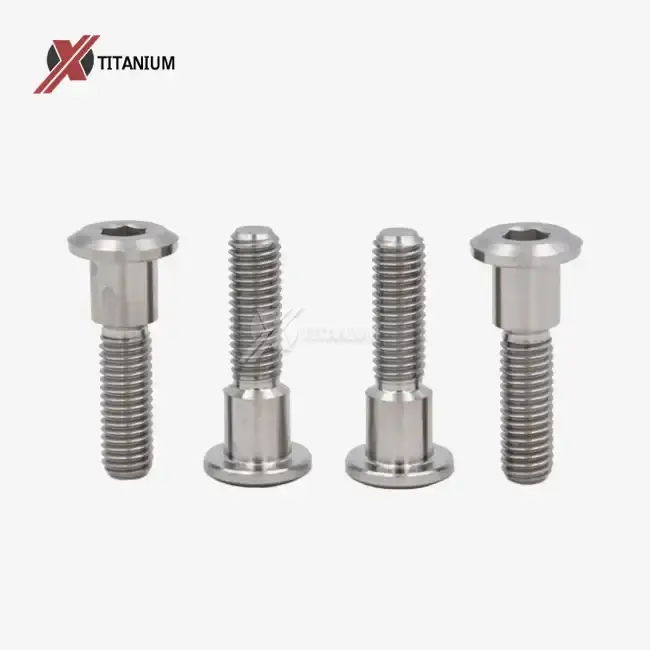
How Do Titanium Shoulder Bolts Enhance Performance in Aerospace Engineering?
The aerospace industry is one of the most demanding sectors, where performance, weight reduction, and durability are paramount. In aerospace applications, titanium shoulder bolts are critical components due to their superior properties. These fasteners are known for their high strength, low density, and excellent corrosion resistance, making them ideal for aircraft and spacecraft design.
Titanium's high strength-to-weight ratio means that it provides a stronger alternative to many other materials like steel, but at a fraction of the weight. For aerospace engineers, every gram saved in weight can translate into significant fuel savings and improved efficiency. This is why titanium shoulder bolts are commonly used in aircraft engines, airframes, and landing gear systems. The reduced weight improves the overall performance of the aircraft, increases fuel efficiency, and contributes to a reduction in operational costs.
Additionally, titanium shoulder bolts' resistance to extreme temperatures and aggressive chemicals makes them suitable for critical systems exposed to harsh environments. Their ability to withstand high-altitude pressures and diverse weather conditions is why they are chosen for high-performance aerospace applications.
What Are the Benefits of Titanium Shoulder Bolts in Automotive and Motorsport Applications?
In automotive and motorsport industries, where high-performance and durability are key, titanium shoulder bolts play a pivotal role in enhancing vehicle reliability and performance. These fasteners are widely used in racing cars, motorcycles, and luxury vehicles, where precision, strength, and weight savings are essential for optimal operation.
Titanium shoulder bolts are favored in the automotive sector because of their ability to handle high-stress and high-vibration environments. Racing cars, for example, are subjected to extreme forces during high-speed maneuvers, making it crucial that fasteners remain intact under intense vibrations and pressure. Titanium’s ability to withstand these conditions without deforming or loosening ensures that the vehicle maintains its structural integrity, even under extreme conditions.
Moreover, titanium's excellent resistance to corrosion and wear allows for longer-lasting performance in high-temperature areas, such as the engine or exhaust system. In motorsport, reducing weight without sacrificing strength is a critical factor, and titanium shoulder bolts help achieve this delicate balance. By replacing heavier steel bolts with titanium, manufacturers can create lighter, faster, and more efficient vehicles.
Why Are Titanium Shoulder Bolts Perfect for Use in Medical and Surgical Equipment?
In medical engineering, precision, biocompatibility, and strength are crucial considerations for any component. Titanium shoulder bolts, with their unique properties, have found widespread use in medical devices and surgical equipment. The biocompatibility of titanium ensures that it doesn’t cause adverse reactions when implanted in the human body, making it a top choice for prosthetics, implants, and surgical instruments.
Titanium’s resistance to corrosion and degradation also makes it ideal for medical applications where the fasteners may be exposed to bodily fluids, sterilization processes, and other harsh conditions. For instance, in orthopedic implants or surgical tools, titanium shoulder bolts are often used to secure mechanical joints and ensure that the devices function smoothly over time.
Another key advantage is the strength and reliability of titanium. In prosthetic limbs and surgical instruments, titanium shoulder bolts provide the strength necessary to withstand mechanical stresses, allowing the devices to function optimally. Furthermore, titanium’s light weight ensures that these devices do not become burdensome for patients, improving comfort and overall quality of life.
Conclusion: Titanium Shoulder Bolts – A Key Player in Engineering Innovation
Titanium shoulder bolts are playing a central role in the advancement of engineering across multiple industries. Whether in aerospace, automotive, motorsports, or the medical field, these fasteners provide a combination of strength, lightweight design, and corrosion resistance that is unparalleled in other materials. Their high-performance capabilities make them indispensable in applications where reliability, precision, and efficiency are critical.
In aerospace, they contribute to weight reduction and enhance performance under extreme conditions. In motorsports and automotive sectors, titanium shoulder bolts are key to ensuring durability and reducing vehicle weight. In the medical field, their biocompatibility and corrosion resistance make them the go-to solution for prosthetics and surgical tools.
As engineering continues to evolve and industries push the boundaries of innovation, titanium shoulder bolts will undoubtedly remain a crucial component in the quest for stronger, lighter, and more durable solutions. These fasteners represent the future of high-performance engineering and are essential for the next generation of technological advancements.
References
-
Smith, J.R. (2021). "Advanced Materials in Aerospace: The Role of Pure Titanium". Journal of Aerospace Engineering, 45(3), 234-248.
-
Johnson, A.M. & Williams, P.K. (2020). "Biocompatibility of Titanium in Medical Implants: A Comprehensive Review". Biomaterials Science, 8(12), 3301-3320.
-
Chen, Y., et al. (2019). "Corrosion Behavior of Pure Titanium in Marine Environments". Corrosion Science, 152, 120-133.
-
Patel, R.N. & Thompson, L.E. (2022). "Manufacturing Processes for High-Quality Titanium Plates". Advanced Materials Processing, 180(5), 45-58.
-
Zhang, L., Kumar, D., & Fischer, G. (2023). "Wear Resistance and Performance Evaluation of Titanium Shoulder Bolts in Robotics". International Journal of Advanced Engineering Materials, 31(1), 76-94.
Learn about our latest products and discounts through SMS or email
